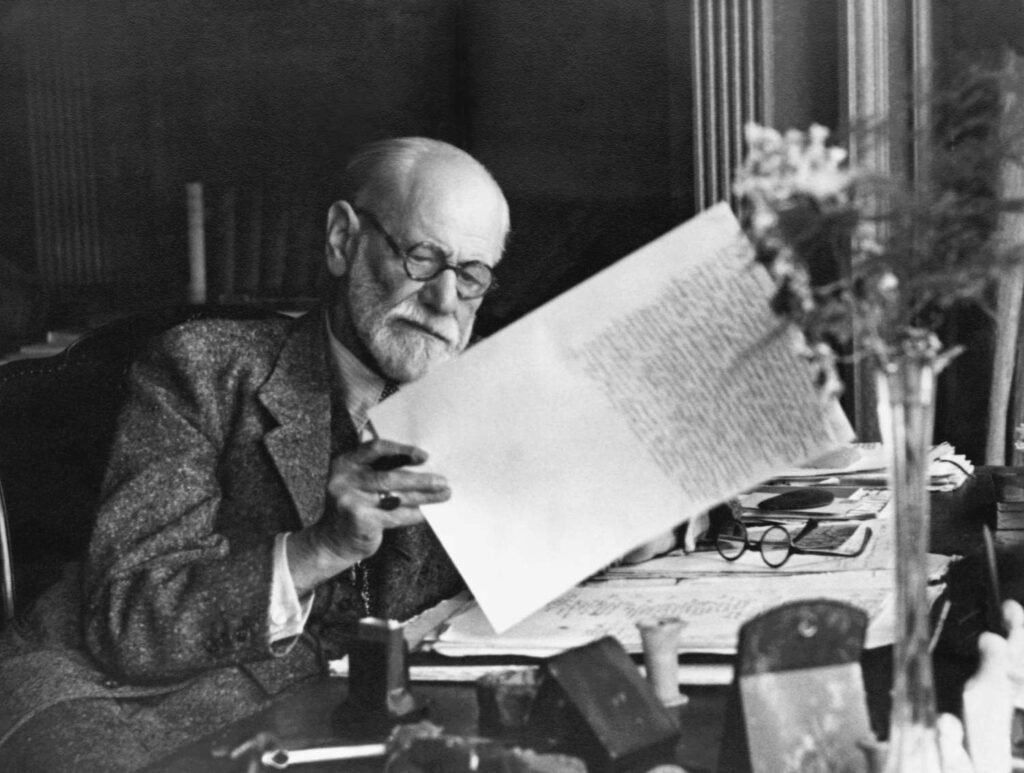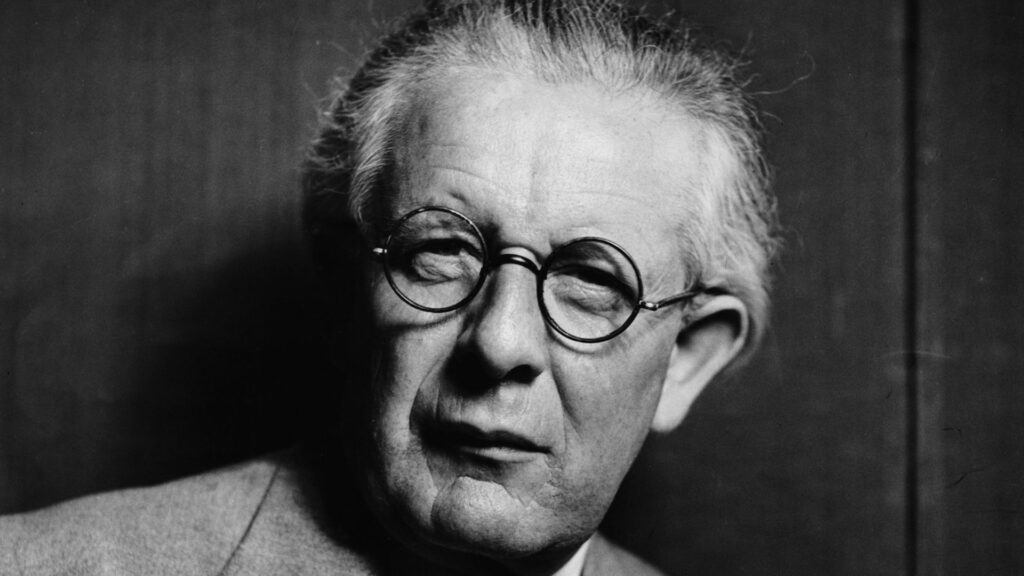5 Pioneers Who Shaped Modern Psychology and Their Lasting Legacy
Published by lesongtoanz on
5 Pioneers Who Shaped Modern Psychology and Their Lasting Legacy
Introduction
Psychology has journeyed from the speculative philosophies of ancient thinkers to a rigorous scientific discipline rooted in observation, experimentation, and theory. This evolution was made possible by a handful of trailblazing figures whose ideas have shaped how we understand the human mind and behavior. In this post, we spotlight five of the most influential pioneers in psychology—each leaving behind a legacy that continues to guide modern research, practice, and thought.

Sigmund Freud – The Father of Psychoanalysis
Legacy:
Sigmund Freud fundamentally altered how we think about the human psyche. As the founder of psychoanalysis, Freud introduced the idea that unconscious processes—shaped by early childhood experiences—play a critical role in behavior. His structural model of the mind (id, ego, superego), alongside concepts like defense mechanisms and dream interpretation, remains influential in clinical psychology, literature, and cultural studies. While some of his theories have been revised or challenged, his core insight—that much of human behavior is driven by unconscious forces—endures.
Keywords: Sigmund Freud, psychoanalysis, unconscious mind, dream interpretation, defense mechanisms

B.F. Skinner – Champion of Behaviorism and Operant Conditioning
Legacy:
B.F. Skinner advanced the behaviorist movement by emphasizing measurable, observable behavior over introspective methods. Through his pioneering work in operant conditioning, he demonstrated how behavior can be shaped through reinforcement and punishment. Skinner’s theories have had a profound impact on education, mental health treatment, organizational behavior, and even AI development, reinforcing the idea that the environment plays a central role in shaping human action.
Keywords: B.F. Skinner, behaviorism, operant conditioning, reinforcement, behavioral psychology

Carl Rogers – The Humanistic Visionary
Legacy:
Carl Rogers transformed psychotherapy by introducing a more compassionate, client-focused approach. As a leading figure in humanistic psychology, he championed concepts like self-actualization, unconditional positive regard, and empathetic listening. Rogers’ person-centered therapy laid the foundation for many modern therapeutic approaches and helped reorient psychology toward personal growth, well-being, and the intrinsic potential of each individual.
Keywords: Carl Rogers, humanistic psychology, client-centered therapy, self-actualization, empathy

Jean Piaget – Architect of Cognitive Development
Legacy:
Jean Piaget revolutionized developmental psychology with his theory of cognitive development, detailing how children’s thinking evolves through distinct stages—from sensorimotor exploration to abstract reasoning. His meticulous observations revealed that children are not simply “miniature adults,” but active learners with their own logic and reasoning processes. Piaget’s insights have profoundly influenced educational practices, parenting approaches, and developmental research.
Keywords: Jean Piaget, cognitive development, developmental psychology, child psychology, learning stages

William James – The Father of American Psychology
Legacy:
William James played a pivotal role in establishing psychology as a formal discipline in the United States. As a founder of functionalism, he emphasized the purpose of mental processes in helping individuals adapt to their environments. His seminal work, The Principles of Psychology, remains a cornerstone of psychological literature. Beyond academia, James explored consciousness, free will, and the psychology of religion, blending philosophy and science in a way that still resonates today.
Keywords: William James, functionalism, American psychology, consciousness, psychological philosophy
Conclusion
These five visionaries each brought a unique perspective that continues to shape the field of psychology. From Freud’s probing of the unconscious to Piaget’s child-centered insights, their work laid the intellectual foundations for countless subfields, methodologies, and therapeutic practices. Whether you’re exploring psychology academically or simply curious about what drives human thought and behavior, understanding their contributions offers a deeper appreciation for how far the field has come—and where it’s headed next.



0 Comments